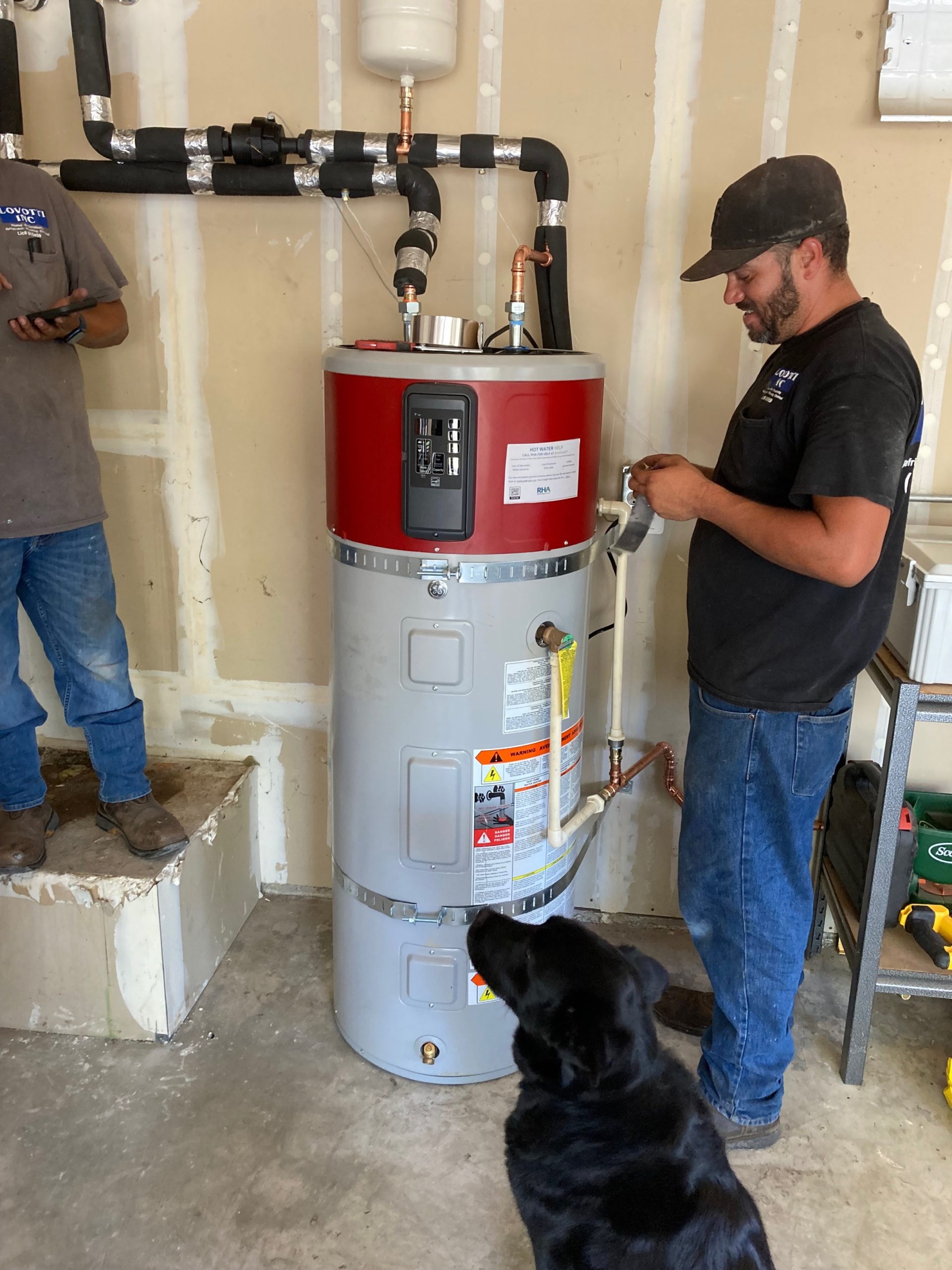Introduction
Hot water is a necessity in any modern home, whether for bathing, cooking, or cleaning. To meet this demand, various types of water heaters are available, each with its own set of advantages and disadvantages. In this comprehensive guide, we’ll take a closer look at the different types of water heaters, helping you make an informed choice that aligns with your household’s needs and preferences.

1. Conventional Tank Water Heaters
Traditional tank water heaters are the most common type what are the types of water heaters found in homes. They consist of a large tank that stores and heats water. When you turn on a hot water tap, the heated water is dispensed from the tank. These water heaters are relatively affordable upfront but have some drawbacks:
Pros:
- Suitable for large households with high hot water demand.
- Lower initial cost compared to other types.
- Simplicity of design and maintenance.
Cons:
- Continuous energy consumption to keep stored water hot.
- Limited hot water supply (depends on tank size).
- Can take up considerable space.
2. Tankless Water Heaters
Tankless water heaters, also known as on-demand water heaters, are becoming increasingly popular due to their energy efficiency and compact size. Unlike tank water heaters, they heat water as it flows through the unit, providing hot water on demand.
Pros:
- Energy-efficient, as they only heat water when needed.
- Compact design saves space.
- Endless hot water supply.
Cons:
- Higher upfront cost compared to tank heaters.
- Limited flow rate (may not be suitable for simultaneous hot water use).
- Complex installation and potential need for upgrades to gas lines or electrical systems.
3. Heat Pump Water Heaters
Heat pump water heaters utilize electricity to move heat from the air or ground to heat the water. While they are more energy-efficient than traditional electric water heaters, they work best in warm climates.
Pros:
- Energy-efficient operation.
- Can reduce energy costs.
- Environmental benefits due to lower energy consumption.
Cons:
- Higher initial cost compared to conventional electric water heaters.
- Performance can be affected by ambient temperature.
- May require additional space for proper ventilation.
4. Solar Water Heaters
Solar water heaters harness energy from the sun to heat water. They consist of solar collectors, storage tanks, and a heat transfer system. While solar heaters can significantly reduce energy bills, they require ample sunlight to be effective.
Pros:
- Renewable and environmentally friendly.
- Substantial reduction in energy costs.
- Long lifespan with proper maintenance.
Cons:
- High initial cost, including installation.
- Dependence on sunlight availability.
- Backup heating system may be necessary for cloudy days.
5. Condensing Water Heaters
Condensing water heaters are a type of tankless water heater that uses exhaust gases to preheat incoming cold water, increasing efficiency. They work well for homes with natural gas connections.
Pros:
- High energy efficiency and reduced operating costs.
- Environmentally friendly due to lower emissions.
- Compact design for space-saving installation.
Cons:
- Higher upfront cost than standard tankless or tank water heaters.
- Installation may require upgrades to gas lines or venting systems.
- Limited availability in some areas.